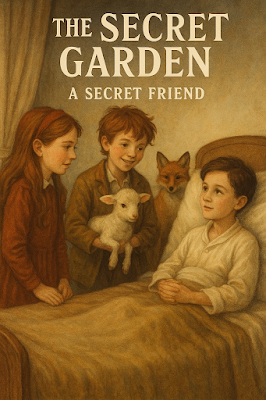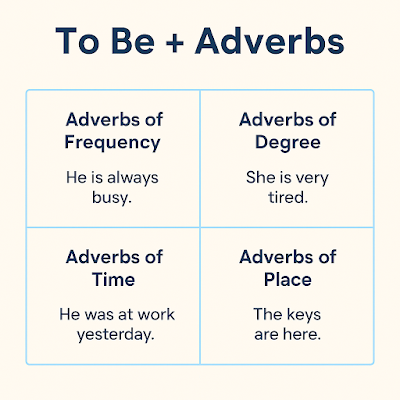✦ IELTS Topic: The Arts – 10 Useful Phrases
-
A work of art
e.g., That painting is a true work of art—so detailed and emotional. -
Art gallery
e.g., We spent the afternoon at a local art gallery admiring modern pieces. -
Cultural enrichment
e.g., Visiting museums offers great cultural enrichment for students. -
Creativity and imagination
e.g., The arts encourage creativity and imagination in young people. -
The performing arts
e.g., She’s studying the performing arts, including dance and theatre. -
Artistic expression
e.g., Graffiti is often seen as a powerful form of artistic expression. -
A thought-provoking piece
e.g., The sculpture was a thought-provoking piece about climate change. -
To appreciate art
e.g., It takes time and learning to truly appreciate art. -
Art in public spaces
e.g., I love seeing art in public spaces—it makes cities more inspiring. -
A form of therapy
e.g., For many people, painting or music is a form of therapy.
✦ IELTS Speaking Practice Test – The Arts
Part 1: Introduction & Interview
-
Do you enjoy any form of art?
-
Are the arts important in your culture?
-
What kind of art do you like best?
-
Have you ever visited a museum or art gallery?
-
Do you think children should learn art in school?
Part 2: Cue Card
Describe a piece of art (painting, film, play, etc.) that made an impression on you.
You should say:
-
what it was
-
where you saw it
-
what it showed or expressed
and explain how it made you feel.
✦ Sample Answers Using The Arts Phrases
Part 1 Answers
1. Yes, I love visiting museums and occasionally sketching—it's a great outlet for artistic expression.
2. Definitely. Traditional dance, storytelling, and visual arts are a big part of our heritage and offer cultural enrichment.
3. I prefer painting, especially portraits—they require a lot of creativity and imagination.
4. Yes, I recently went to a modern art gallery in the city—it was inspiring.
5. Of course. The arts help children express themselves and even act as a form of therapy.
Part 2 Sample Answer
One piece of art that left a lasting impression on me was a sculpture I saw at an exhibition in London. It was a thought-provoking piece about climate change, showing a polar bear made entirely from recycled plastic.
I saw it in a public garden as part of an art in public spaces program. It was not only visually striking, but also emotionally moving—it really made me think.
What I loved most was how it used artistic expression to communicate a global issue. It didn’t use words, but it made a powerful statement.
It reminded me that a good work of art isn’t just beautiful—it can also challenge how we think and feel.
✦ Comprehension Test: The Arts Phrases
1. "That painting is a true work of art—so detailed and emotional."
Q: What does the speaker think of the painting?
2. "We spent the afternoon at a local art gallery admiring modern pieces."
Q: Where did they go and what did they do?
3. "Visiting museums offers great cultural enrichment for students."
Q: How can students benefit from museums?
4. "The arts encourage creativity and imagination in young people."
Q: What do the arts develop in young people?
5. "She’s studying the performing arts, including dance and theatre."
Q: What is she learning about?
6. "Graffiti is often seen as a powerful form of artistic expression."
Q: How is graffiti viewed by some people?
7. "The sculpture was a thought-provoking piece about climate change."
Q: What effect did the sculpture have?
8. "It takes time and learning to truly appreciate art."
Q: What is needed to understand art better?
9. "I love seeing art in public spaces—it makes cities more inspiring."
Q: Why does the speaker enjoy public art?
10. "For many people, painting or music is a form of therapy."
Q: What role does art play in people’s lives?
✦ Answer Key
-
It’s beautiful, impressive, and emotional.
-
They visited an art gallery and looked at artwork.
-
By learning about culture and gaining new perspectives.
-
Creativity and imagination.
-
Dance, theatre, and other live performance skills.
-
As a meaningful and expressive art form.
-
It made the viewer think deeply.
-
Time and understanding.
-
It adds inspiration and beauty to everyday places.
-
It helps people relax, heal, or express themselves emotionally.










